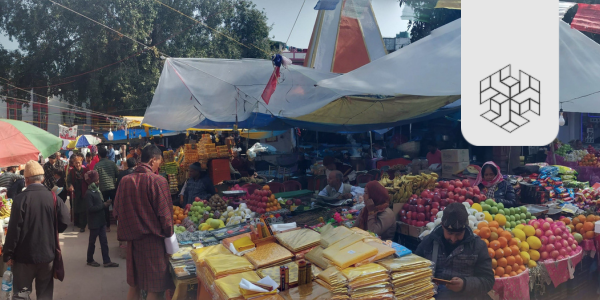Authored by: Ann Mary Biju
Edited by: Yamini Negi and Soumya Singhal
ABSTRACT
The food delivery system in India operates through mobile applications. The precarious nature of the industry uniquely questions labour rights as the system relies on a complicated rating and incentivising process. It also promotes long working hours without proportional wages. Furthermore, the lack of transparency on how the system operates discourages any opportunity to plan work hours or the number of orders for delivery workers. The wages alone are barely sustainable, with no adjustments corresponding to the hike in fuel prices.
The redressal mechanism for the food delivery workers must be strengthened, safeguarding their fundamental and labour rights. It is needed to legally evaluate conditions of food delivery workers with respect to the work hours versus wages earned, availability of insurance, benefits, and the workers’ knowledge of how the delivery process takes place so that they can plan their gigs.
INTRODUCTION
Division of labour into the formal and informal sectors endows each sector with its own set of features. However, formal sector jobs hold precedence over informal sector jobs, even though the cash incentives of certain jobs in the formal and informal sectors remain pretty identical, especially when self-employed (Ministry of Labour and Employment 2015). This discrimination persists because employment in the formal sector comes with societal prestige and a range of guarantees and benefits such as bonuses, paid leave, and fixed working hours and maternity leave (Sociology Group n.d.).
This scenario has undergone a rampant shift with the onset of the ‘Gig Economy’, ‘Platform Economy’ or ‘Gig Work’. The work consists of non-standard income-earning activities outside of conventional, long-term employer-employee relationships, and is generally taken up for a short duration or on a project basis (Gig Economy n.d.). Gig work involves online and offline work, including freelancing for short periods or seeking employment via mobile applications. The gig economy has transformed the conventional understanding of labour. Individuals can work on their own terms. However, this holds true only for a specific section of online workers. These workers are technologically well-equipped and can deliver services remotely. However, the larger platform economy, which entails physical services that have become a part of urban lives, follows a different pattern. Workers of the platform economy are considered self-sustaining entrepreneurs, even though they deliver their services on behalf of other well-flourished startups.
Initially, gig jobs offered food delivery workers decent salaries as part-time or full-time employees. However, this does not hold anymore. Companies employ platform economy workers on a hire-and-fire basis, with minimal or no social and health cover guarantees (Deloitte 2018). These guarantees are particularly critical for a developing nation like India, with a large percentage of the young population between 15 to 64 years of age accounting for 67.27% of the people as of 2020 (O’Neill 2021). This population that enters such labour markets is usually moderately educated. This paper examines the case of food delivery workers in India. It analyses the threats they face from an employment, social security, and human rights perspective. Furthermore, the paper also examines possible labour rights policies and practices that can benefit gig workers.



